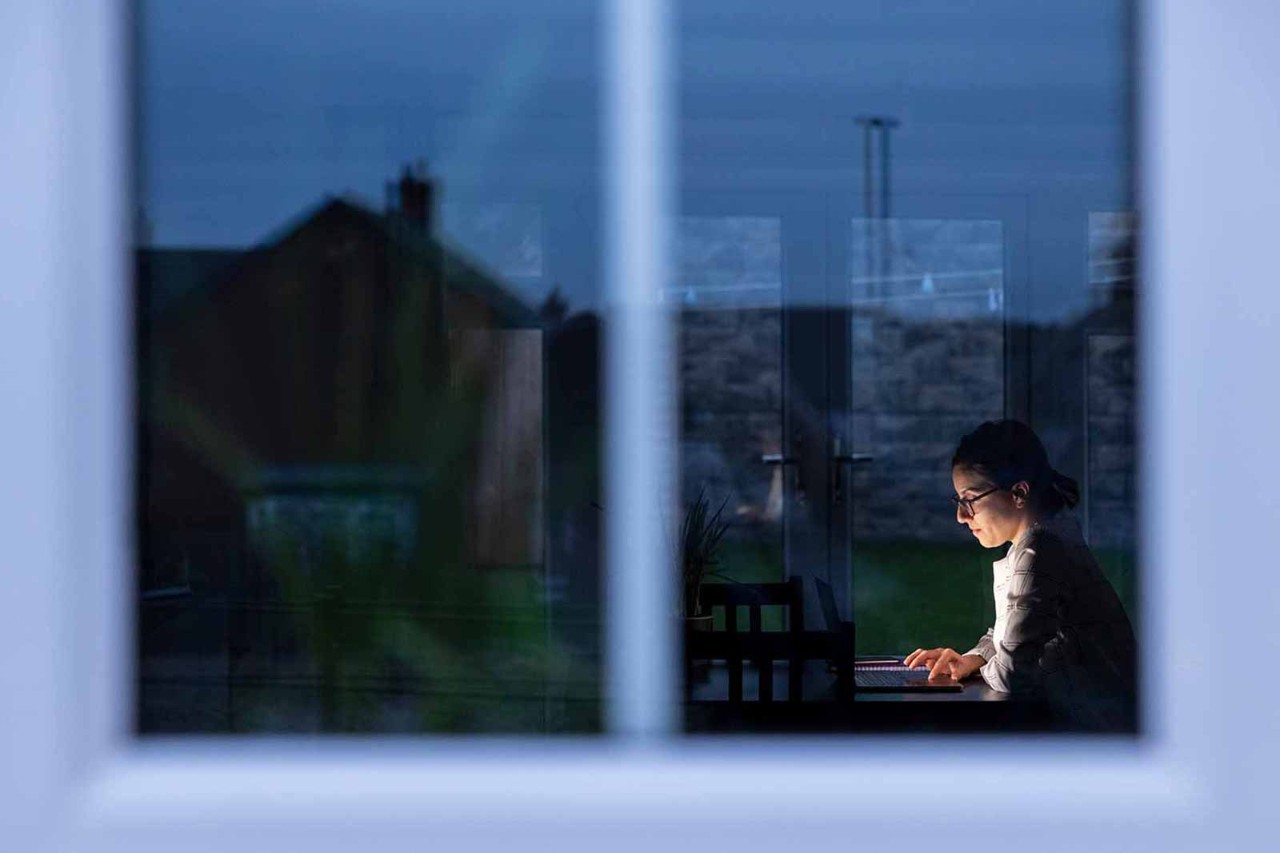
‘All I need is a good night’s sleep.’ We’ve all said this, particularly when deep in an audit or racing towards year-end, hoping for a restorative miracle overnight.
‘People really do put all their eggs in the sleep basket,’ says cognitive neuroscientist Sara Mednick, author of The Power of the Downstate: Recharge Your Life Using Your Body’s Own Restorative Systems.
But if sleep is not the rest and recharge answer, what is?
We are rhythmic, Mednick explains, and our days follow an up and down rhythm. Within universal rhythms such as day and night, there are lots of different, smaller rhythms – activities that enhance the restorative aspect of the autonomic nervous system, which controls involuntary actions such as heart rate, body temperature, digestion and perspiration.
‘We get more and more revved up and give ourselves fewer opportunities to balance this out with restorative activities’
The autonomic nervous system directs the body’s fight or flight response (what Mednick describes as its revving state) as well as its at-rest functions (the restorative state).
The right balance
‘Living in a stressed out world, we get more and more revved up and give ourselves fewer opportunities to balance this out with restorative activities,’ Mednick says.
‘Staying in an upstate mode can lead to exhaustion, burnout, depression and anxiety. It also affects us physically. There is a lot of evidence to say that the restorative work is actually not just helping your mind rejuvenate, but also your body.’
Consistency is the name of the ebb and flow game.
‘All the organs in the body have cells with little clocks in them. All these clocks are looking to sync up with habits or systematic patterns so they can provide resources when we need them. Our hearts have a rhythm, as do our guts; they have optimal times when they’re strongest. If you start paying attention to these rhythms, you can start to align them with your behaviour,’ Mednick explains.
Slave to the rhythm
‘When you eat, when you exercise, when you’re in your best thinking mode – these are behaviours you can change to align with natural rhythms. Then it’s about keeping consistent, because once you set up a pattern, your brain and body learn it very quickly.’
So if your work involves heavy cognitive lifting in the morning, prime your revved up side by doing physical exercise beforehand. Likewise, avoid exercising in the evening as this is when you should be slowing to the downstate of sleep.
‘Acknowledge that a little bit of selfishness is needed to implement self-care in your life’
The little rhythmical downs during the day don’t need to be about tuning out or powering down to recharge. Activities and being engaged can be rejuvenating, while stimulation doesn’t have to be revving.
Seasons’ greetings
For many people, spending time in nature is incredibly restorative. ‘When we work with seasonal transitions, we feel more alive because we are connecting to the natural flow of things,’ says Alison Davies, author of The Self-Care Year: Reflect and Recharge with Simple Seasonal Rituals.
She suggests creating season-based rituals. In warmer weather, she recommends an energy boost with yoga or stretching. ‘A ritual that embraces breaking through in some way and reaching for the warmth of the sun would fit, something like a yoga sun salute that you do at the same time every morning, when you wake. You can make up your own version, by combining stretches with positive affirmations to put you in the right mindset and to help boost your energy levels for the day ahead.’
She adds that when temperatures rise, refreshing your body and mind are key. ‘Keeping hydrated is important, so you might want to create a ritual using water, whether that’s natural swimming, an ice-cold shower combined with deep breathing first thing in the morning, or an afternoon pick-me-up of iced water infused with lemon, to be sipped while you clear your mind.’
‘I’ve learnt that you have to open all the senses and actively interact with the land’
Activities to recharge
Among the recharge and re-energise activities suggested by Alison Davies are:
- a mindful walk
- wild swimming
- foraging
- beach-combing
- climbing a mountain
- sitting in nature, simply letting yourself be, and breathing in your surroundings
- taking inspiration from the environment and setting yourself a creative challenge, whether that’s to write a poem, sketch, paint, or craft
- bringing the colours and textures of the season into your home
- immersing yourself in the scents of the season, using plants, flowers, or herbs
- cooking with fresh produce and creating new recipes that feel right for the time of year.
Forest therapy
More immersive still is to soak up nature. Spending just 20 minutes a day outside in nature has been shown to reduce blood pressure, anxiety and depression, while increasing focus, energy and creativity. Forest bathing – spending quality time in forested areas as a way of enhancing health, wellness and happiness – is one aspect of this.
It’s all good for the workplace, says Sarah Ivens, author of Forest Therapy: Seasonal Ways to Embrace Nature for a Happier You. ‘There is a specific intention to connect with nature in a healing way. I’ve learnt that you have to open all the senses and actively interact with the land. It’s not a race or a challenge like a hike, and there is no distance marker you have to tick off, no pedometer to check.
‘Like yoga, meditation, prayer, working out and many other worthy endeavours, forest bathing is a practice. The longer one devotes to it, over time, the more of a beneficial relationship can be built.’
Schedule self-care
Leadership coach Kevin Kan advises scheduling time in your diary to recharge so that you stay accountable. ‘Acknowledge that a little bit of selfishness is needed to implement self-care in your life,’ he says. ‘Be aggressive with your schedule. Block out time for exercise, pilates, yoga, a spa visit, coaching sessions and even medical checks.’
The key, he says, is to not move appointments or skip self-care sessions unless it’s an emergency. ‘Once you have blocked them out, stick to your schedule. If it is not on your schedule, then don’t do it.’
More information
Visit ACCA’s wellbeing hub for advice and support on mental health and wellbeing at work.




